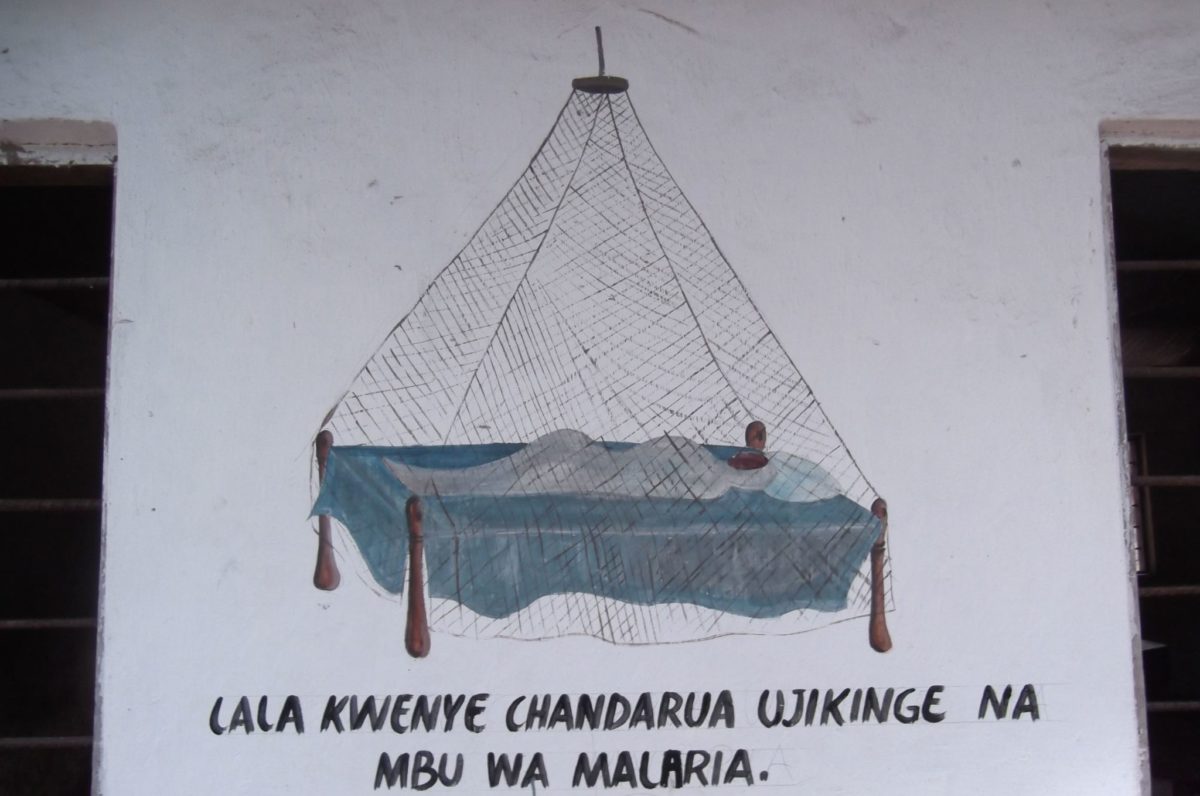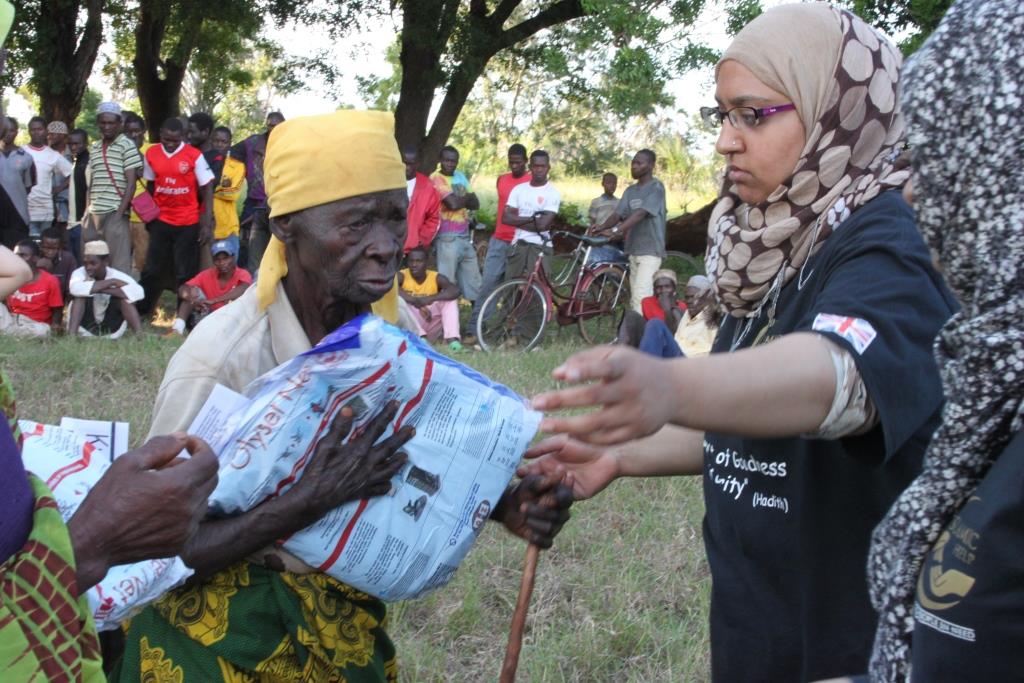Mission Possible: Taking the sting out of Malaria
On August 20, 1897, Indian doctor Sir Ronald Ross made a ground-breaking discovery whose global legacy is still being felt today – the link between mosquitos and malaria transmission.
His research, which earned him the Nobel Prize for medicine in 1902, laid the foundation for the scientific and medical world’s understanding of how to treat and beat malaria.
To commemorate that landmark breakthrough, August 20 every year is designated as World Mosquito Day, an occasion to raise awareness and funds for the campaign against malaria.

* More than one million people die from malaria
* Most of them are children under five years of age
* 90 per cent of malaria cases are in Sub-Saharan Africa
* An estimated 300-600 million people suffer from malaria
* More than 40 percent of the world’s population lives in malaria-risk areas
During their 10-day overseas deployment, volunteers taking part in Islamic Help’s flagship Mission Possible programme have to carry out aid distribution and a series of projects aimed at improving the quality of life for some of the most vulnerable and poorest communities in Tanzania.
That work includes health programmes including the distribution of mosquito nets and malaria prevention awareness for the villagers.

This year’s deployment – the team leaves for Tanzania today, August 20 – will include the distribution of 300 mosquito nets to families and a series of sessions highlighting measures to prevent and treat malaria.
It follows in the footsteps of previous deployments (pictured) which have helped protect hundreds of villagers from malaria through similar distributions.
You can follow the progress of the Mission Possible teams during their deployment via their blogs on our website. Applications for our 2016 deployments are now open. You can find out more here.



